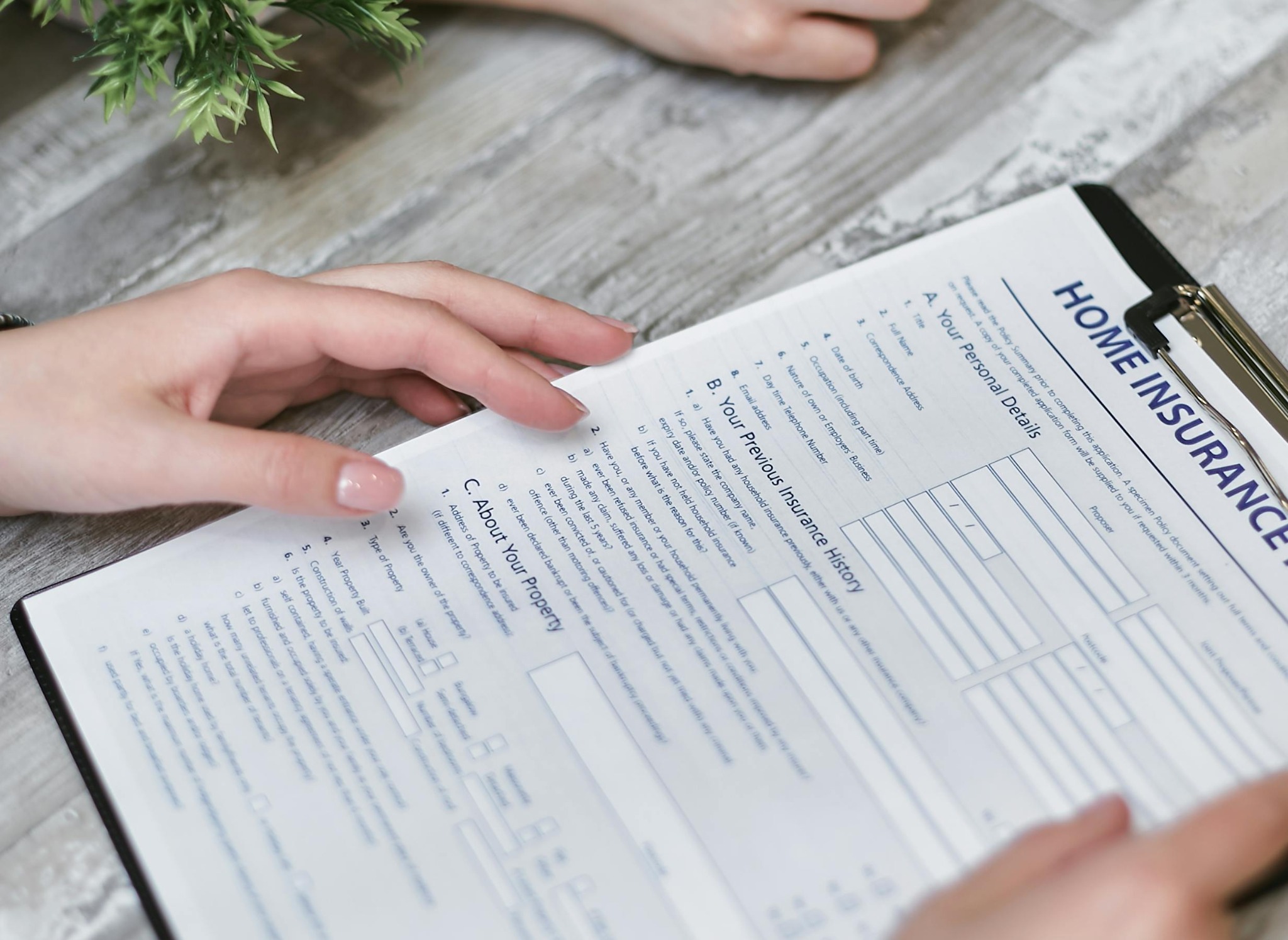The Top 10 Hospitality Trends to Watch in 2025
Check out the top trends shaping the vacation rental industry in 2025. Use these easy tips and ideas to stay ahead and keep your guests happy.

·4 min read

Learn how to handle property damage when hosting vacation rentals. Stay calm, document the damage, and use tools like HoufyProtect to safeguard your investment.
Vacation rental hosting can be both rewarding and challenging. While most guests treat your property with respect, occasional mishaps are part of the journey. Whether it's a wine spill on your pristine white couch or a shattered lamp, damages happen. The good news? You don't have to despair.
If you're feeling frustrated or unsure how to handle property damage, you're not alone. Many hosts have been there, and with the right approach, you can turn the situation into a learning experience. Let's break it down step by step to help you tackle damages calmly and professionally.
When you first notice damage, it's easy to feel overwhelmed or even angry. Try keeping a cool head. Reacting emotionally might escalate the situation and make it harder to resolve.
Start by assessing the extent of the damage. Is it something minor, like a stained rug, or more significant, like a broken appliance? Take a moment to gather your thoughts and avoid jumping to conclusions. It could have been an accident or even something the guest isn't aware of.
Once you've assessed the damage, it's time to grab your camera (or smartphone). Take clear photos and videos from multiple angles to document the issue. This step is critical for filing insurance claims or resolving disputes through booking platforms.
Don't forget to jot down details like the date, time, and specific location of the damage. If the item has a purchase receipt or warranty, keep that handy, too. A thorough record can make all the difference if you need to prove your case.
Reaching out to the guest might feel awkward, but it's an important step. Approach the conversation politely and without accusations—sometimes, guests don't realize they've caused damage. For example, you could say, "Hi [Guest Name], I noticed [describe the damage] after your stay. Could you help me understand what happened?"
This opens the door to a constructive dialogue. Many guests are willing to take responsibility or offer to pay for repairs, especially if approached with understanding rather than hostility.

Your rental agreement or the terms of your booking platform are your best friends in these situations. They outline what's covered, how damages should be reported, and what steps to follow next. If you use Houfy, for instance, ensure your house rules clearly state your expectations and damage policies.
Most platforms have a resolution center or claim process, but you'll need to act quickly. Read up on deadlines for reporting issues; delaying could result in losing your claim.
If the guest acknowledges responsibility, you can request compensation directly. Provide them with an itemized breakdown of repair or replacement costs supported by receipts or estimates. Keep your tone professional and fair; most guests will appreciate your reasonable approach.
If the guest refuses the damage, you may need to escalate the issue to your booking platform or rental insurance provider. Remember, staying polite and providing solid documentation strengthens your case.
Property insurance is a lifesaver in these scenarios. If the damage exceeds your security deposit or involves structural issues, contact your insurance provider immediately. Provide all the documentation you've gathered, including photos, receipts, and communication with the guest.
Look for homeowners insurance tailored to short-term rentals. Some vacation rental insurance providers offer coverage specifically designed for damages caused by guests so that you're not left paying the repair costs alone.

Once you've resolved compensation, it's time to address the damage. Depending on the severity, you may need to repair, replace, or even rethink how you furnish your rental. For example, switching to washable slipcovers or durable, stain-resistant materials can save headaches down the line.
Always keep receipts and invoices for repairs or replacements. This will help with tax deductions and ensure you're prepared if similar issues arise in the future.
Damage can be a wake-up call to revisit your inventory and house rules. Consider adding a detailed inventory list to track items more effectively. Regularly updating your list ensures you catch damages promptly and minimizes disputes.
Similarly, review your house rules. If the damage occurred due to negligence or misunderstanding (like smoking indoors or hosting extra guests), clarify these points to prevent repeat incidents.

If you're looking for added protection against guest damages, consider using HoufyProtect. By adding just $5 per night to your guest's booking, you can unlock up to $20,000 in protection against accidental guest damages. This coverage replaces traditional security deposits, making the process smoother for both you and your guests.
With HoufyProtect, you also benefit from seamless guest screening to catch potential issues before they arise. The best part? HoufyProtect is integrated directly into the Houfy platform, allowing you to focus on hosting, knowing that your property is safeguarded without additional administrative hassle.
Every hosting experience, good or bad, is an opportunity to learn. After resolving the issue, take a moment to reflect. Are there ways to prevent similar damages in the future? Perhaps you need sturdier furniture or better communication about house rules.
Remember, damages don't define your success as a host. By handling these situations gracefully, you're showing your professionalism and commitment to maintaining a quality rental.

Dealing with property damage is never fun, but with the right steps and protections in place, you can manage it efficiently. As you refine your hosting strategies, tools like Houfy can simplify the process. From customizable house rules to direct booking options, Houfy helps you manage your rental with ease. Not on Houfy yet? List your property today!
Check out the top trends shaping the vacation rental industry in 2025. Use these easy tips and ideas to stay ahead and keep your guests happy.

·4 min read
Create clear and guest-friendly vacation rental house rules with this handy guide. Customize the included template to protect your property and ensure great stays.

·4 min read
Create the perfect romantic getaway with these easy tips to enhance your vacation rental. Discover how to charm couples and boost your bookings.

·4 min read